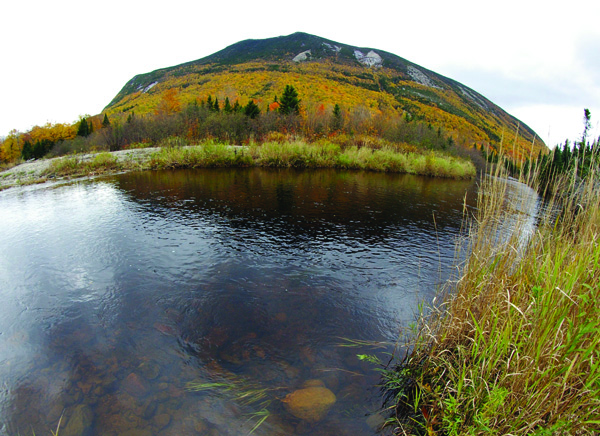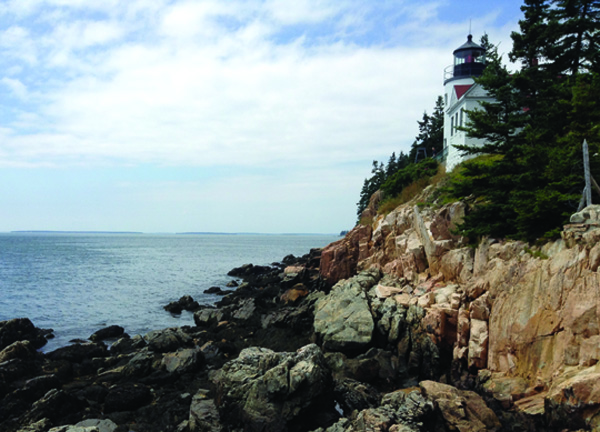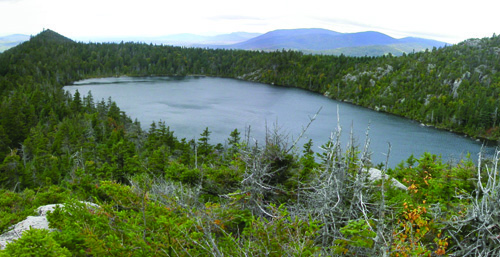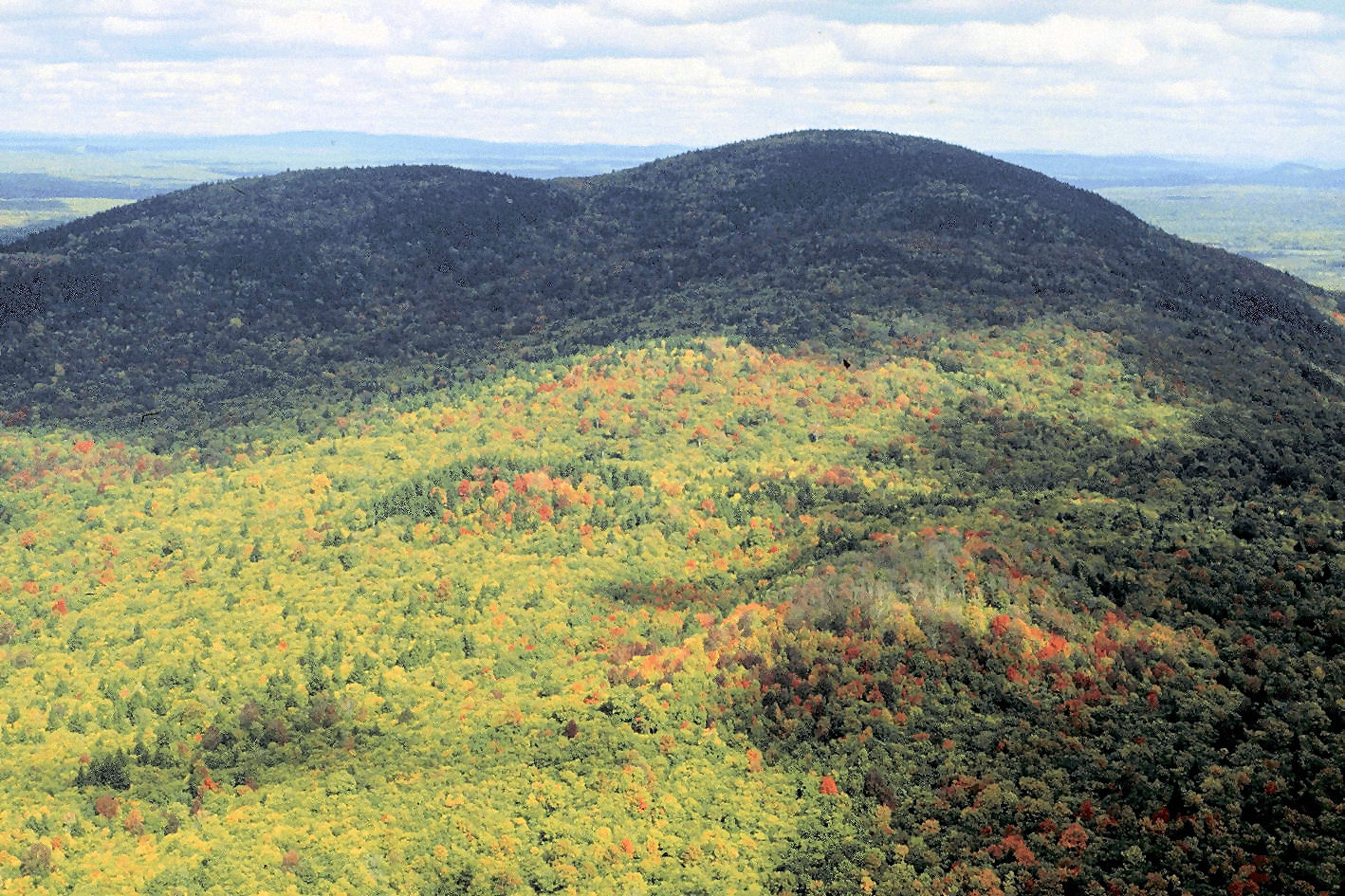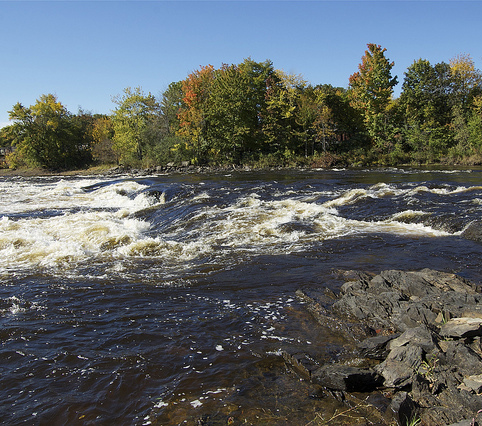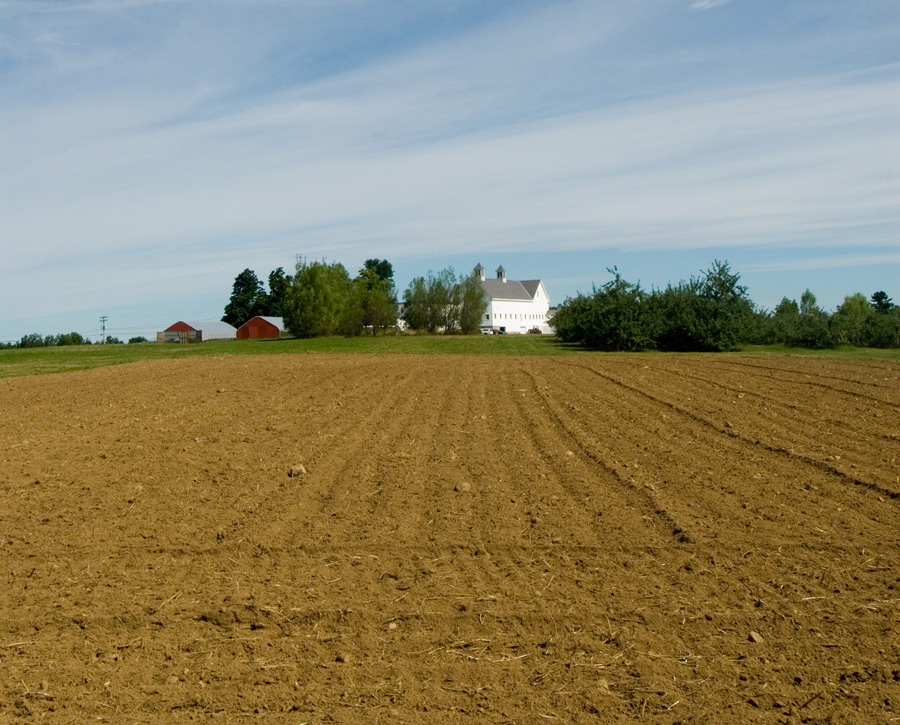Benefits and costs of natural resources policies affecting ecosystem services on public and private lands
Natural resource agencies and institutions at the federal, state, and local levels, as well as private landowners, attempt to balance economic growth and environmental quality. Emphasis on environmental quality is evident in provisions of the most recent Farm Bills; in agricultural land preservation programs at the local, state and federal levels; and in legislative mandates […]
Read more
